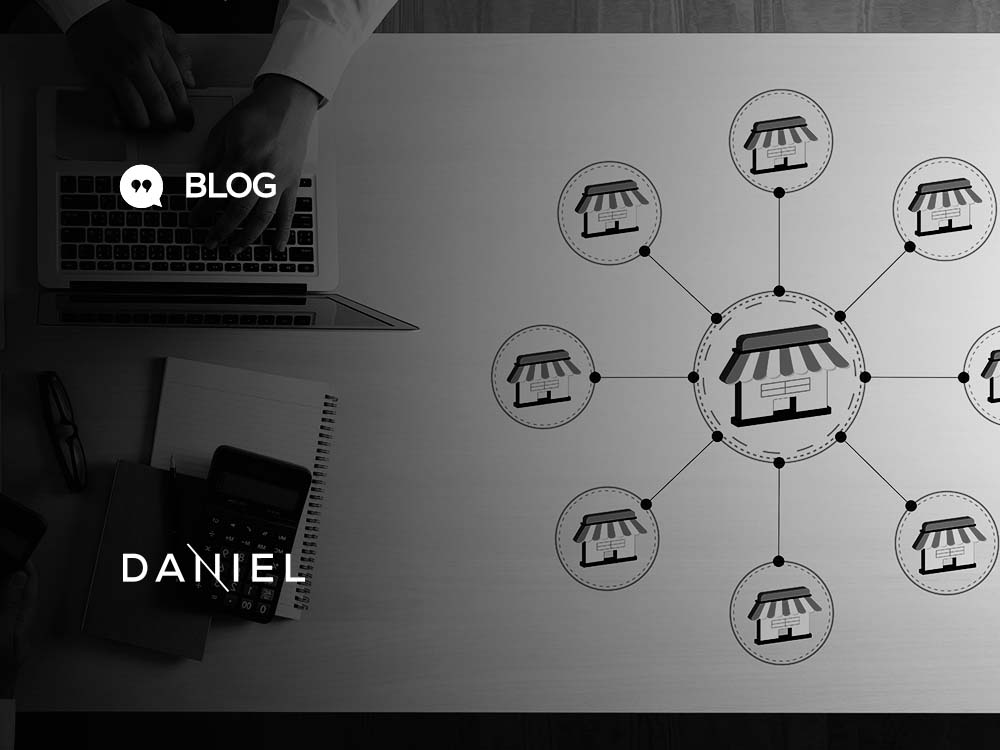Brazil’s franchise market, which is the 6th largest in the world (in terms of franchise units) and 5th (in terms of franchise chains), has been growing impressively over the last decades.
According to a recent study by the International Trade Association of the US Department of Commerce, there are currently 2,668 franchising chains and 156,798 franchising units the country. Of these, 205 are foreign franchisors from 30 different nations (84 alone are from the US).
The sector experienced considerable set-backs as a result of the Covid-19 pandemic, but recent projections by the Brazilian Franchise Association (ABF) show renewed growth during 2021 (sector venue +8%, units +5%, brands +2%, employment +2%, respectively).
This upward trend is expected to continue due to the improvement of business conditions and the re-opening of the economy.
Despite positive growth over the last decades, diverse conflicts remained in terms of franchise agreements and the relationships of the parties thereto. In 2019, the new Brazilian Franchise Law sought to resolve some of these issues.
The Brazilian Franchise Law of 2019: what changed?
The current Brazilian Franchise Law (No. 13,966, of December 26, 2019), which is now just over 2 years old, describes a Franchise as:
“… a system, by which a franchisor authorizes a franchisee by contract to use brands and other objects of intellectual property, always associated with the right of production or exclusive or non-exclusive distribution of products or services and also the right to use methods and systems for the implementation and administration of a business or operating system developed or held by the franchisor, through direct or indirect remuneration …” (Article 1).
The Law expressly provides that such a relationship does not characterise a consumer or employment relationship, even during any training period.
Although no groundbreaking changes were made to the Brazilian franchising system, the Law updated several important concepts, inserted mandatory information into the Franchise Disclosure Document and brought new rules for the franchising system in Brazil, seeking to improve the overall business environment.
What type of pre-contract disclosure is required?
The Franchise Law requires the delivery of a Franchise Disclosure Document within at least 10 days before the execution of the franchise agreement, providing clear and transparent information about what the franchisee will receive in the transaction.
This document should contain specific information, including the key background and business details of the franchise, rules for contract renewal, minimum purchase quotas, the franchisor’s financial information, details of any ongoing lawsuits, a territorial action policy, all relevant brands and intellectual property, among other requirements.
In the case of non-compliance, the Law provides the agreement may be nullified and any amounts paid out refunded. It also allows for the recovery of damages for any loss sufferred.
One further novelty in the Law was that it provides an option for the franchisor (as sub-tenant) to seek the renewal of the commercial site where the franchisee runs its business or holds a franchise unit. This term must also be explicitly set out in the Franchise Disclosure Document.
Note that the Franchise Disclosure Document must be in Portuguese.
What type of clauses must be included in the contract?
The Franchise law is silent on the types of mandatory clauses that must be used in franchise agreements. This means that, to be seen as valid, such agreements will follow the custom of Brazilian commercial agreements, taking into account the diverse areas of Civil law that may apply (e.g., consumer, IP, competition, tax law, etc.).
Note also that the franchise agreement must be translated into Portuguese, (sworn translation) to be enforceable between the parties.
What type of registration is necessary?
In addition to the requirements listed above, international franchise agreements must be registered with the Brazilian Patent and Trademark Office to allow for remmittance of payments abroad.
Also, as it stands, international franchise agreements need to be registered with the Brazilian Central Bank so that remittances abroad comply with foreign exchange laws. Due to recent reform in this area, this requirement will no longer apply from 29 December 2022 onwards.
What other areas of law should I consider and where can I find more information?
It is clear that the Franchise Law of 2019 brought more transparency and better conditions for a business relationship in franchise arrangements.
Foreign franchisors should pay particular attention to the different compliance obligations in order to exploit the Brazilian Franchise market (e.g., filing relevant trademark applications with the Brazilian Patent and trademark office or appointing a Brazilian legal representative in local ADR proceedings).
In addition, it is necessary to be aware of the different areas of Brazilian law that may impact franchising activities (e.g., laws on intellectual property, competition, tax, foreign exchange, and data protection, etc.).
If you require any clarification, do not hesitate to get in touch with our experts.

